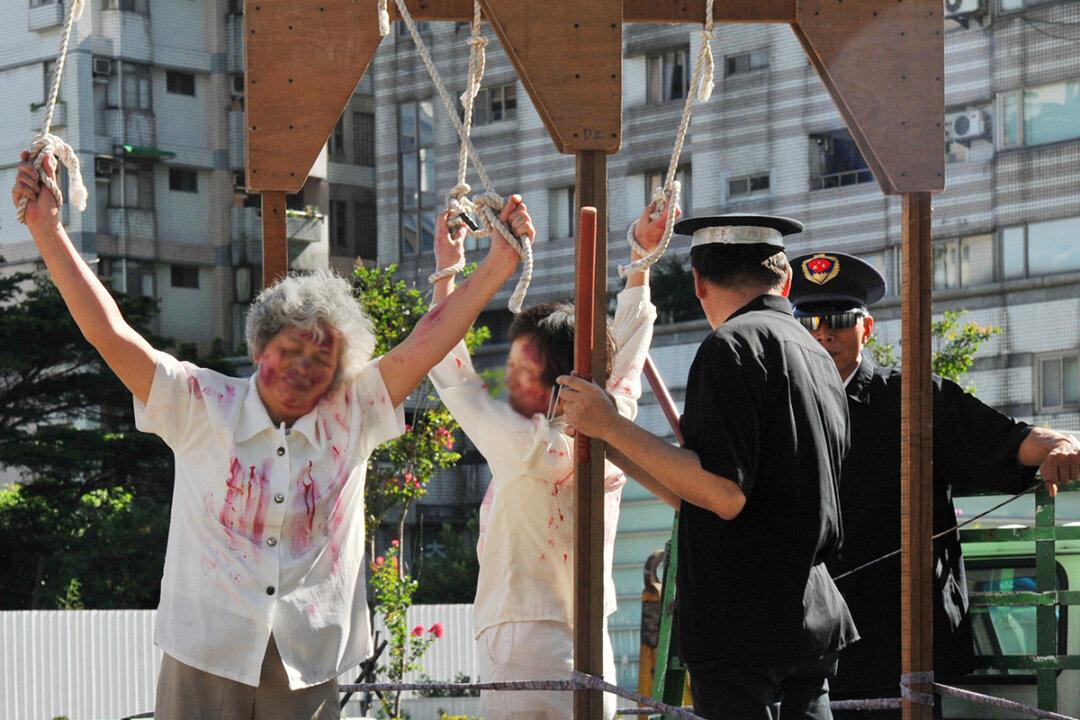Gaming addiction is real. Adults and children alike who are “glued” to their screens for playing computer games often make their families worried sick.
The World Health Organization (WHO) officially added “gaming disorder” in the International Classification of Diseases in 2018 after four years of active study.





![‘Killing You Would Be the Same as Killing Ants’: Prisons Where Innocent Citizens Are Tortured [PHOTOS]](/_next/image?url=https%3A%2F%2Fimg.theepochtimes.com%2Fassets%2Fuploads%2F2023%2F12%2F09%2Fid5544114-Falun-DaFa-practitioner-1080x720.jpg&w=1200&q=75)